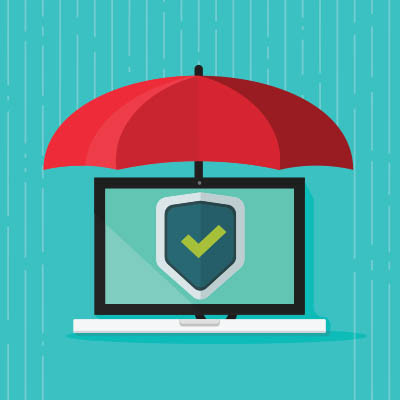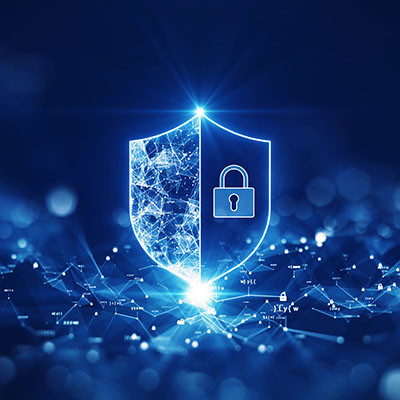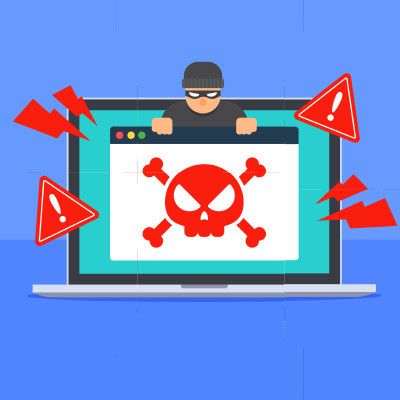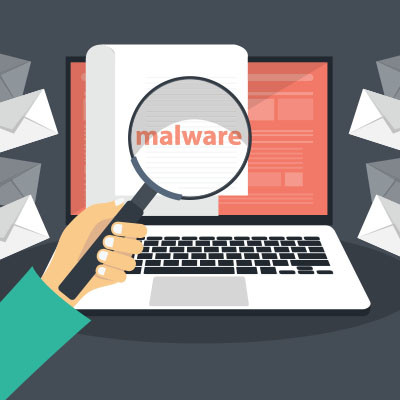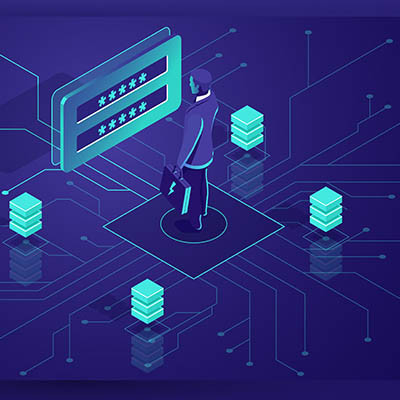Ferrum Technology Services Blog
Data breaches can be a death blow for the small business. In addition to the financial ramifications of such events, they also cost a whole lot in reputational damage and organizational inefficiency. It’s pretty important for personal and organizational security for people to know that there are a few simple things you can do to help keep digital assets secure.
Businesses everywhere are adding smart devices to their IT, and for good reason. They offer convenience and efficiency but can pose a significant network security risk. These devices, part of the Internet of Things (IoT), often lack robust security features. This makes them an attractive target for cybercriminals.
In today’s world of perpetual security breaches and cyberattacks, it’s no surprise that the greatest response to such threats is to actively prevent them from harming your organization in the first place. One key tool in this effort is an endpoint detection and response (EDR) solution. With endpoint protection on your business’ side, you can leverage a robust and powerful security solution to handle a significant portion of your network security.
Network security is an incredibly nuanced topic with a lot of specifics that must be addressed. Still, today, we want to give you some actionable items that you can use to take an active role in improving network security for your business. Let’s dig into some of the essential dos and don’ts of network security for small businesses.
Remember the era when antivirus software, like most computer programs, came packaged in hefty textbook-sized boxes on store shelves? Fortunately, those days are over. Today, there are a myriad of antivirus options available with a very basic Google search. Having so many options can overwhelm someone looking for basic protection for themselves, so today we thought we would look at free antivirus and whether or not it can be an option.
Ensuring that your computer's software stays up to date is always crucial for security and for the performance of the software. Outdated operating systems, web browsers, or other essential applications can result in malfunctions and expose you to potential threats. It's important to be aware that hackers can disguise malware as critical web browser updates.
The seamless functionality of email often leads individuals to take it for granted. Whether accessing Outlook or logging into Gmail, the delivery of emails seems effortless. However, the intricate and expansive network of systems essential for email operations often goes unnoticed, and understandably so, given its complexity.
With network security being more important than ever for businesses of all types and trades, it’s important that you make it a priority. Thankfully, there are certain simple ways you can pull this off, even if you’re not a technology expert. Here are some of the network security basics that will cover a lot of ground for your business.
Running a business is hard enough without having to think about cybersecurity. Your business faces existential threats from cyberattacks every day it’s operational, as data breaches truly do have the power to bring your business down if you’re not prepared for the fallout. A zero trust approach can help to mitigate many of the risks that come from cybersecurity threats, and it’s all thanks to the principle of least permission.
While artificial intelligence is being adopted across numerous industries, one that many people may not think of is the cybercrime industry. Fortunately, AI can also be used to stop some forms of cybercrime, such as phishing. Let's talk about how AI might soon be an integral part of your phishing prevention.
From the outside looking in, network security can be intimidating to consider. There are so many moving parts that go into protecting a business, it’s understandable that you might not know where to start. Fortunately, we do, and we’re happy to provide this list of critical network security tools that should be seen as the foundation for your company’s protection.
While at the moment, passwords are an important part of your security stack, it is important to acknowledge that the concept of the password was always a flawed system and is overdue to be replaced. This may become a widespread reality sooner than you may expect, too, especially with the buy-in that the big names in tech are demonstrating.
Bad news for T-Mobile users, they’ve suffered another data breach. Hackers have gained access to customer data for nearly 37 million individuals, including both pre-paid and subscription-based accounts. Let’s look at what has happened and what knowledge you might apply to your own network security practices.
Phishing is a serious matter, so serious that it is responsible for a quarter of all data breaches. Therefore, you need to consider it a threat to your business, whether you think these attacks are obvious or not. Phishing is a popular tool in the hacker’s arsenal, so you should be prepared to address it with your staff to preserve your business’ future.
In today’s world of cyberattacks and cybercriminals, it’s more important than ever that you are taking the appropriate steps to protect your organization from all manners of threats. We have a list of cybersecurity best practices that you should consider following for your organization’s computing infrastructure. Let’s take a look.
There are few things more important than network security for businesses, and all it takes is one or two mistakes to completely derail all of your efforts. Let’s take a look at network security faux pas, as well as how you can address these issues in an effective way. Here are some mistakes your business might be making in terms of network security and how they can be addressed.
A data breach is no joke, and it can take many forms. Whether it’s a case of confidential data being viewed, copied, stolen, or destroyed, a data breach cannot be ignored. Let’s take a look at some of the various causes of business data breaches and what you can do to prevent them from sinking your organization.



